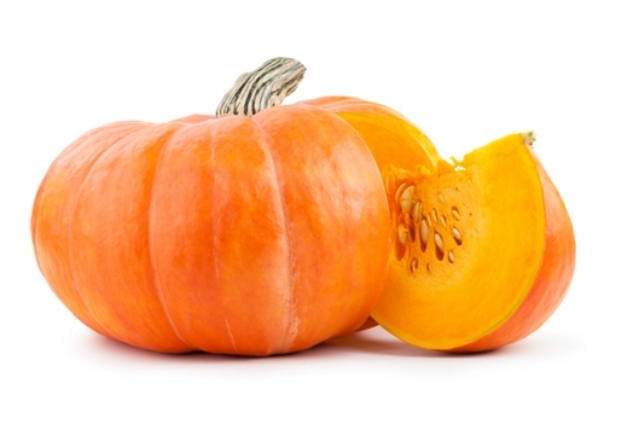Table of Contents
Vitamins are essential for normal growth, development and cell function. As our body cannot produce all the nutrients we need, best way to get them from food sources. While some vitamins are equally important for both men and women, women’s bodies goes through a specific set of health challenges and thus there few vitamins that and woman’s body specifically needs for functioning properly. While most women can get these essential vitamins by eating a balanced diet, some women need vitamin supplements. And requirement of these vitamins also differ according to a woman’s age. A menstruating or pregnant woman’s need for the vitamins will be different from that of a post- menopausal woman. Similarly, as you age, taking multivitamin may help you stay healthy. Meeting your daily dietary need is crucial for long term health. Foods are the best source for getting these nutrients but supplement is often needed for fulfilling the nutritional gap.
Here Are Top 7 Vitamins Essential For Women To Stay Healthy
1. Calcium
Women’s bone density starts decreasing after the age of 30. Women need more calcium to lower the risk of osteoporosis. Calcium also helps to nourish the nervous system and build strong teeth. The recommended daily dose for a woman ranges from 1000 to 1500 milligram of calcium, depending on their age and bone mineral density. To reach her daily requirement, she should consume dairy products like milk, yogurt and cheese etc. But if you are not getting enough calcium, your doctor may advise taking calcium supplement.[1]
2. Vitamin D
Vitamin D is equally important for women because without vitamin D, our body cannot move calcium and phosphorous to the blood stream – the two important minerals which help to keep the bones stronger. If there is lack of vitamin D in your body, it takes calcium and phosphorous from the bones. Overtime this leads to osteoporosis. However, it is difficult to get enough vitamin D from food sources only; vitamin D is produced by the skin when it comes in contact with sunlight. But using sunscreen while going out in the sun restricts you from getting vitamin D, as sunscreen blocks the skin from getting sunlight. Even just going out in the sun for 10-15 minutes without sunscreen twice a week for 15-20 minutes can help you get the required amount of vitamin D. But older women should consider taking supplement containing vitamin D and calcium because, as you age, your skin loses its power to convert sunlight into D vitamin.[2]
3. Iron
The menstruating women or women with heavy periods need adequate iron to control anemia. Deficiency of iron also weakens the immune system. The food sources from which you can get enough iron include red meat, eggs, poultry, beans and tofu. Since vitamin C help in absorption of iron, pairing vitamin C rich food like citrus fruits is a good idea to increase absorption of iron. Recommended daily dose of iron is 18 mg.[3]
4. B Vitamins
The eight B vitamins work to maintain muscle tone, metabolism and brain function. Most important among them is B9 (folate or folic acid) for those who are trying to conceive or are pregnant because folate or folic acid can safeguard women against birth defects of the new born and cancer by keeping the red blood cells healthy. Folic acid can be obtained from green vegetables, orange juice, beans and fortified breakfast cereals. Recommended daily dose of folate for women is 400mcg; and 600 mcg when she is pregnant. Vitamin B6 and B12 is important for older women. Vitamin B6 aid in red blood cell formation and vitamin B12 helps in development of red-blood cell and aid nerve cell to function. Both these vitamin are found in wide variety of foods like fish, chicken, potatoes, chickpeas, bananas, cereals, oatmeal etc.[4]
5. Beta-Carotene
Beta-carotene is known to be a cancer fighting nutrient that protects the body from cell damage. Beta-carotene converts it to vitamin A that is good for eye sight, skin and tissue repair. It helps to slow aging process and fend of fine lines and wrinkles. Best source of beta-carotene is cantaloupe, carrot, kale, guava, papaya, pumpkin, peaches, spinach, tomatoes and red peppers.[5]
6. Vitamin E
Antioxidant vitamin E is needed by the body to keep cell healthy. It may also help slow signs of aging. But it should not be taken in excess as it can cause bleeding. Vitamin E can be obtained from cod liver oil, peanut butter, hazel nuts sunflower seed, sunflower oil, corn oil and wheat germ.[6]
7. Omega-3 Fatty Acids
As you age, your level of estrogen declines; which puts you at great risk of contracting heart disease. Consuming omega -3 fatty acid rich foods have been shown to keep your heart healthy. Omega-3 helps to keep bad cholesterol level in check and reduce the risk of heart disease. Fatty fish like salmon tuna and mackerel are best source of omega-3 fatty acids. Fish oil capsules are good alternative for those who do not consume fish.[7]
Caution: Please use Home Remedies after Proper Research and Guidance. You accept that you are following any advice at your own risk and will properly research or consult healthcare professional.








